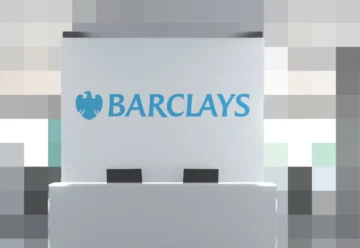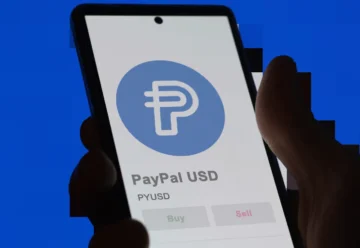Public Approves Creation of Digital Shekel

The Central Bank of Israel has gained public support for plans to create the digital shekel. However, officials still see no good reason to roll it out.
The Central Bank of Israel says it has received public support for its plans for a possible digital shekel (SHAKED). People believe that the central bank digital currency (CBDC) will help the economy to maintain innovation in the payment system, reducing the amount of cash and supporting the fintech sector.
After publishing a report in May 2021 outlining the potential benefits of SHAKED, the project’s business model, and current issues to explore, a panel was created for public discussion on the matter.
In the survey, participants were asked to answer a series of questions about various aspects of the CBDC, including the benefits and motivations for a potential digital shekel issuance. 33 representatives from various economic sectors took part in the survey. Among the Central Bank respondents were representatives from financial institutions, technology companies and fintech companies, payment system developers, officials, academics and private investors.
The survey focused on cross-border payments and the impact of the digital shekel on financial stability, as well as technological and legal aspects of privacy in using CBDCs.
The steering committee reported that most respondents agreed that the digital shekel would stimulate competition in the payments market. However, the CBDC’s privacy remained a rather contentious issue — respondents did not appear to have a general consensus. Some of the respondents see the country’s CBDC as absolutely anonymous, while others believe that the digital shekel should be subject to anti-money laundering regulations.
The Israeli government has not made any further decisions regarding the development of the CBDC, because despite the public approval, the Central Bank has not yet seen the need to introduce blockchain technology into the country’s financial system.











